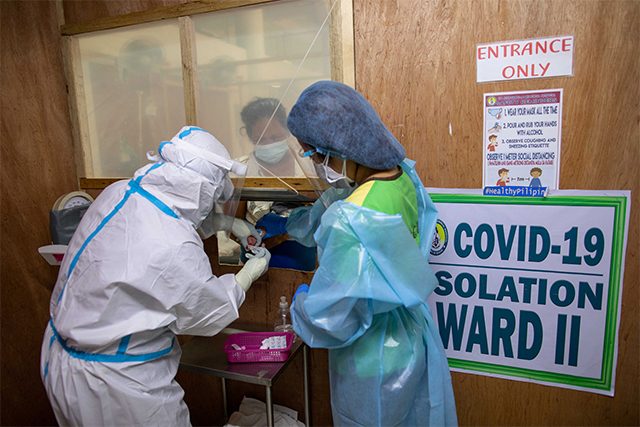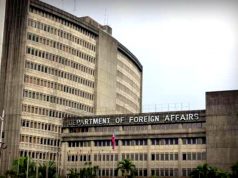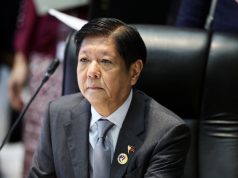
KUALA LUMPUR (Thomson Reuters Foundation) — Asia has become the world’s surveillance hotspot and is at risk of serious privacy breaches as measures rolled out to contain the spread of COVID-19 become permanent in many countries, researchers warned on Thursday.
The Right to Privacy Index (RPI) published by British-based risk consultancy Verisk Maplecroft, rated 198 countries for privacy violations stemming from mass surveillance operations, retention of personal data, home searches and other breaches.
According to the findings, Asia was the world’s highest-risk region for violations with a deterioration in recent years.
“Asia as a region risks sleep-walking into serious privacy breaches if there isn’t transparency when it comes to data use with respect to COVID-19 surveillance measures,” said Sofia Nazalya, a human rights analyst at Verisk Maplecroft.
Asian countries scored worse on average than nations in other regions, Singapore-based Nazalya, the author of the study, told the Thomson Reuters Foundation by phone.
The pandemic has enabled authorities from China to Russia to increase surveillance and clamp down on free speech, digital rights experts say.
Many countries have tightened border controls and imposed travel bans. Some have stepped up surveillance using artificial intelligence and big data, alarming human rights activists and data privacy experts.
Among the worst-scoring Asian nations in the Verisk Maplecroft index were Pakistan, China, Myanmar, Thailand, Cambodia, India and the Philippines.
In response to the COVID-19 health crisis, China took the biggest steps to track the virus using mass surveillance, Nazalya said, citing mandatory health apps becoming permanent and an increase in use of facial recognition technologies.
“What is the point of making these apps permanent if there’s no need to,” Nazalya said. “It’s a disproportionate response to a threat that arguably is no longer as big as it was.”
Also in China, authorities have used voice-activated drones to track COVID-19 hotspots, hovering over people and berating anyone seen breaking the anti-virus controls, she added.
Cambodian authorities introduced emergency powers such as unlimited social media surveillance to tackle “fake news”, which had often targeted government critics, Nazalya said.
India, which was the only democracy to make downloading a COVID-19 tracking app mandatory with the threat of jail or fines, also plans to introduce a national database by 2021, which could worsen privacy rights, the report said.
Asian countries often lack adequate oversight of mass surveillance systems and legislation to protect privacy, data rights advocates say.
Although challenging, more governments should introduce data privacy laws and enforce them, Nazalya said, adding that businesses must not ignore the issue of deteriorating privacy rights as they bring both reputational and compliance risks.
“The first step is for there to be that crucial push for civil society to really examine what needs to be done when we look at technology, data breaches and privacy,” she said.
“(But) in terms of the government looking at data privacy, there needs to be a transparency in how data is used, stored, who has access to your private data.” —Reporting by Michael Taylor @MickSTaylor; Editing by Helen Popper.









